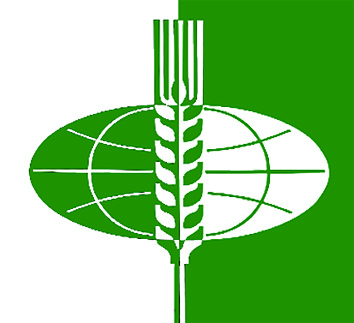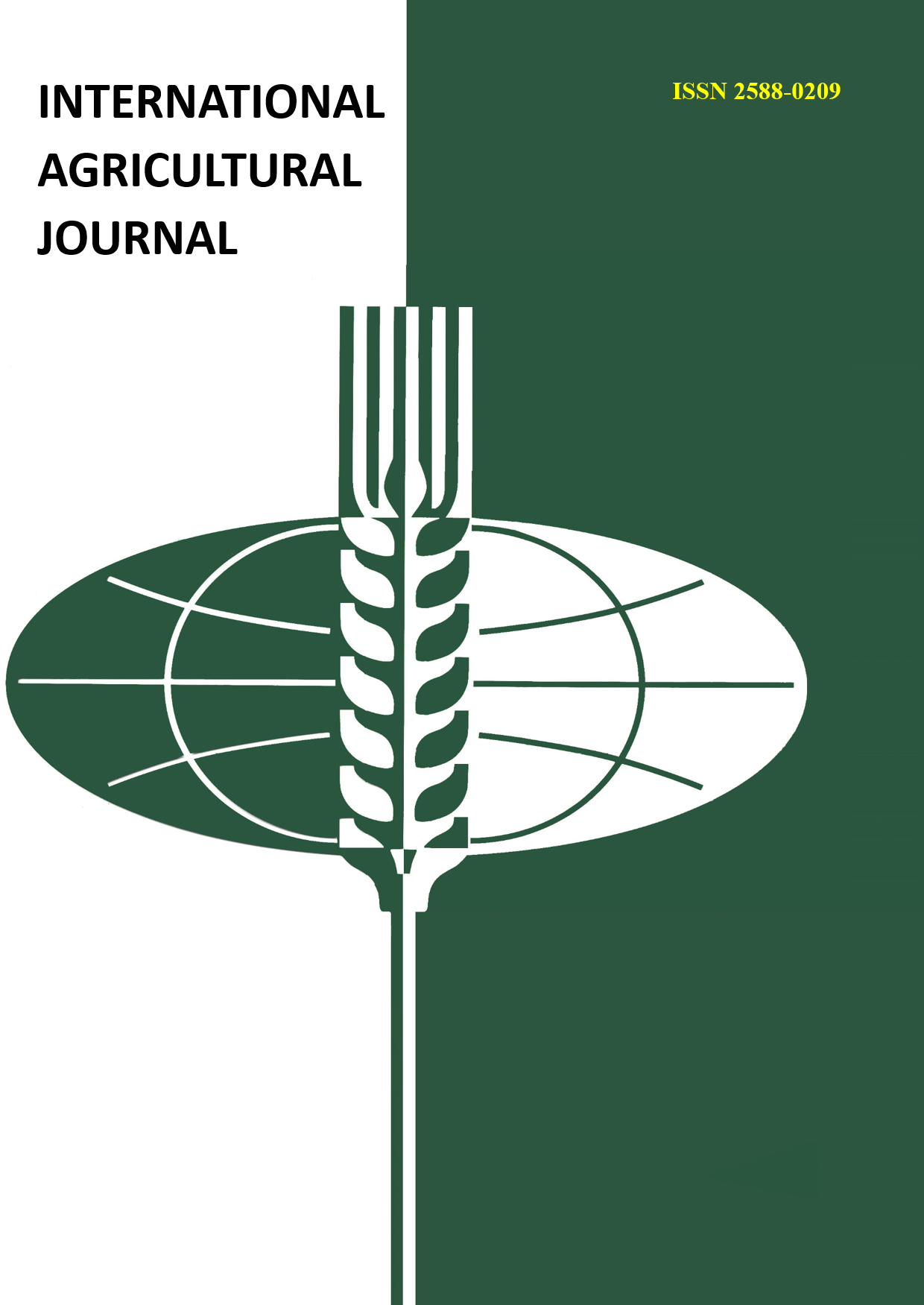A balanced labor market is the basis for sustainable and effective innovative development of the economy, its competitiveness, well-being and quality of life of the population, and the survival of the state. However, there is currently an imbalance between the demand for workers from the labor market and the supply of workers with the necessary qualifications and the required number from the educational services market. The solution to this problem in the agro-industrial complex, as in any other sector of the economy, is the industry system of professional qualifications. The article considers the structural and logical model of functioning as the basis for integrating elements of the industry system of professional qualifications of the agro-industrial complex. The structural and logical model of functioning of the industry system of professional qualifications of the agro-industrial complex is a synergistic combination of such elements as the industry qualifications framework, professional standards, integration of professional standards with Federal state educational programs and approximate basic educational programs, professional and public accreditation of educational programs, independent assessment of qualifications, monitoring, forecasting and regulation of the qualifications market. It is impossible to deny the existence of each element separately, however, only their rational interaction will allow to balance the labor market and education in the agro-industrial complex.
strukturno-logicheskaya model', otraslevaya sistema professional'nyh kvalifikaciy, agropromyshlennyy kompleks, agrarnoe obrazovanie, strategiya razvitiya, professional'nye standarty, nezavisimaya ocenka kvalifikaciy, professional'no-obschestvennaya akkreditaciya, sovet po professional'nym kvalifikaciyam














